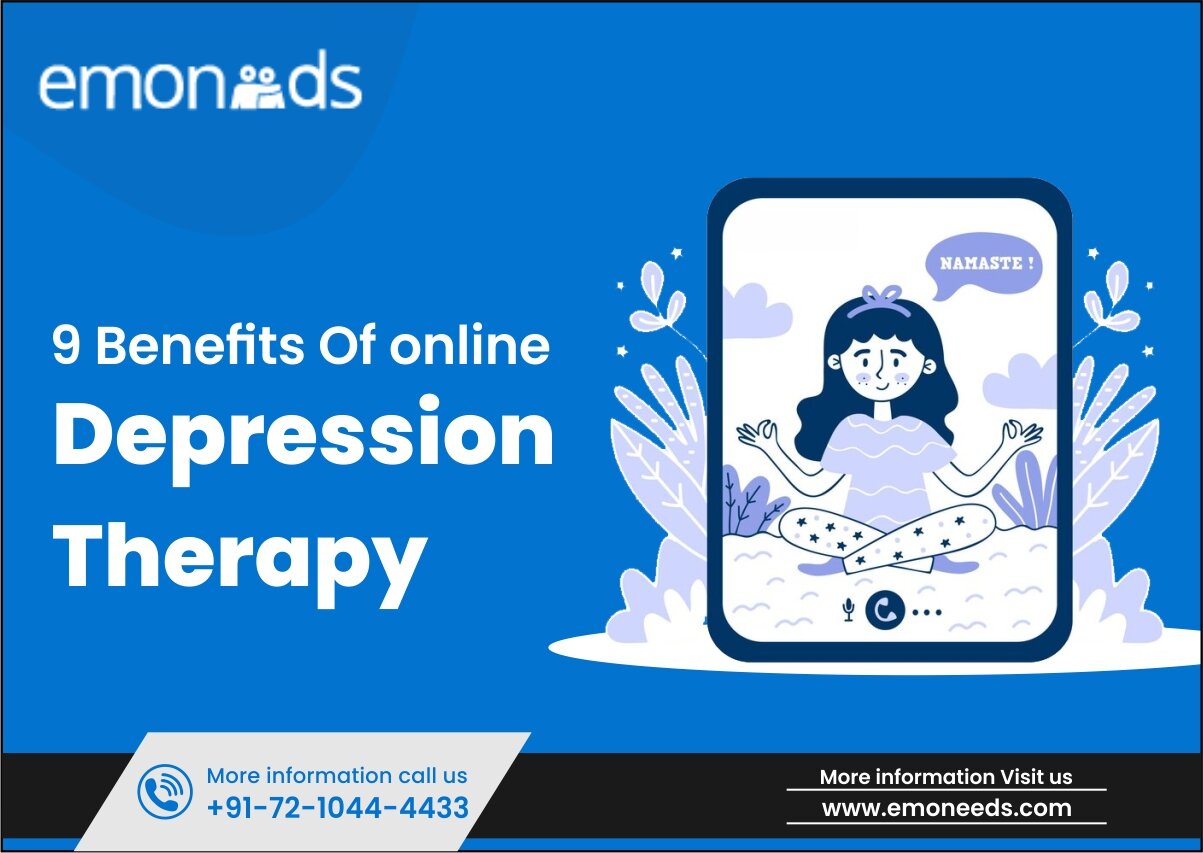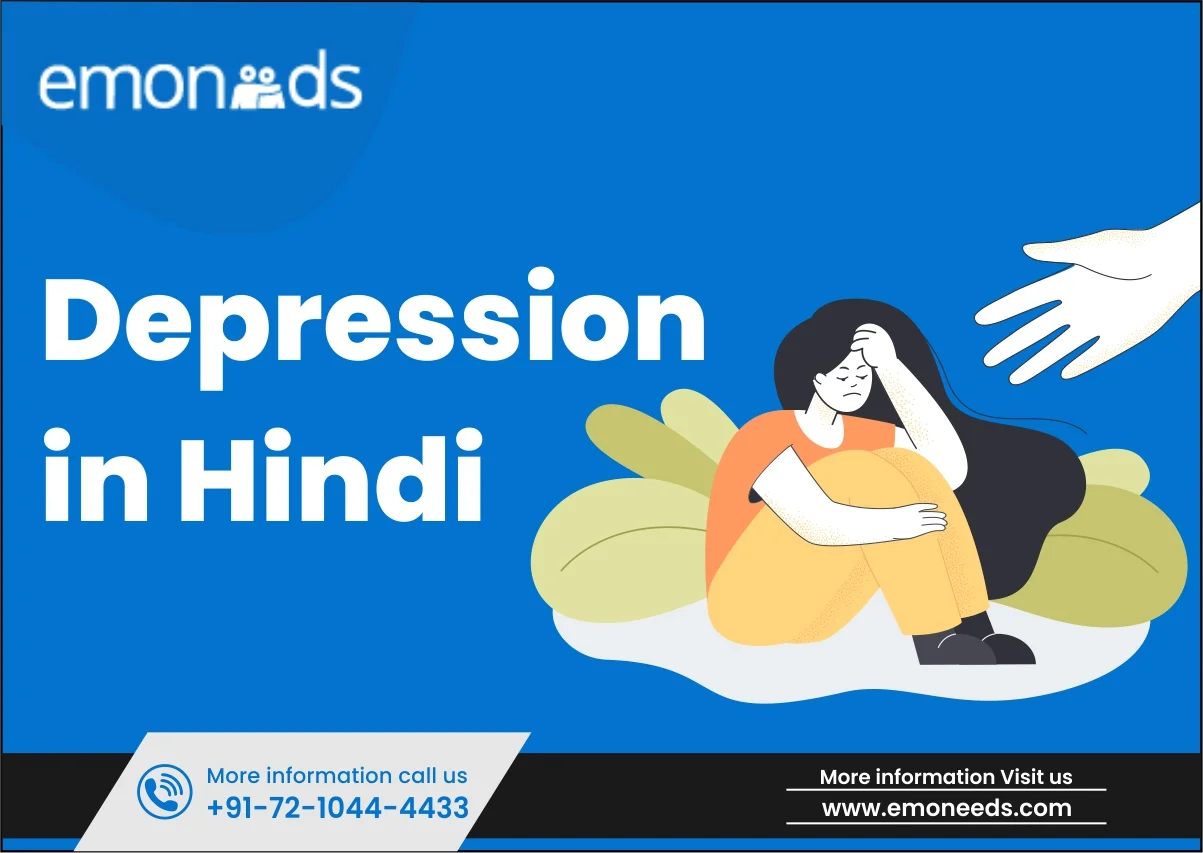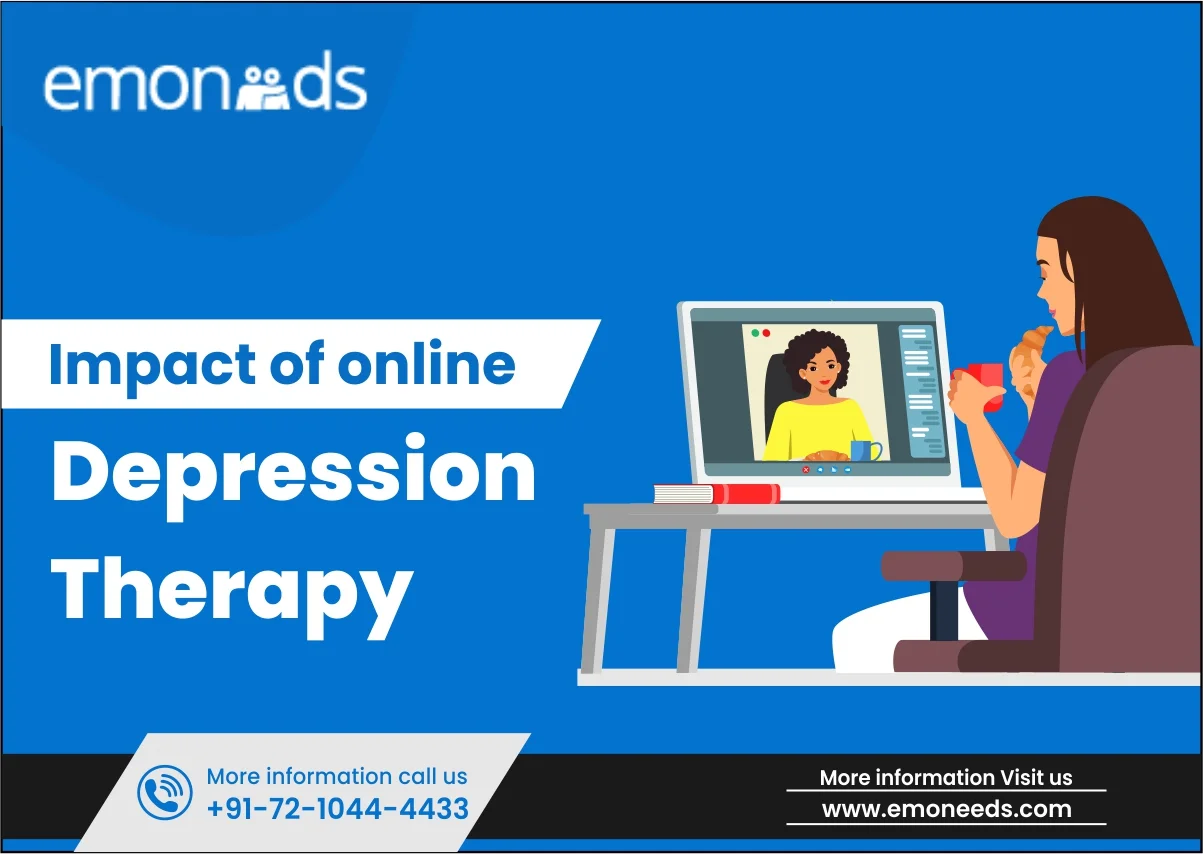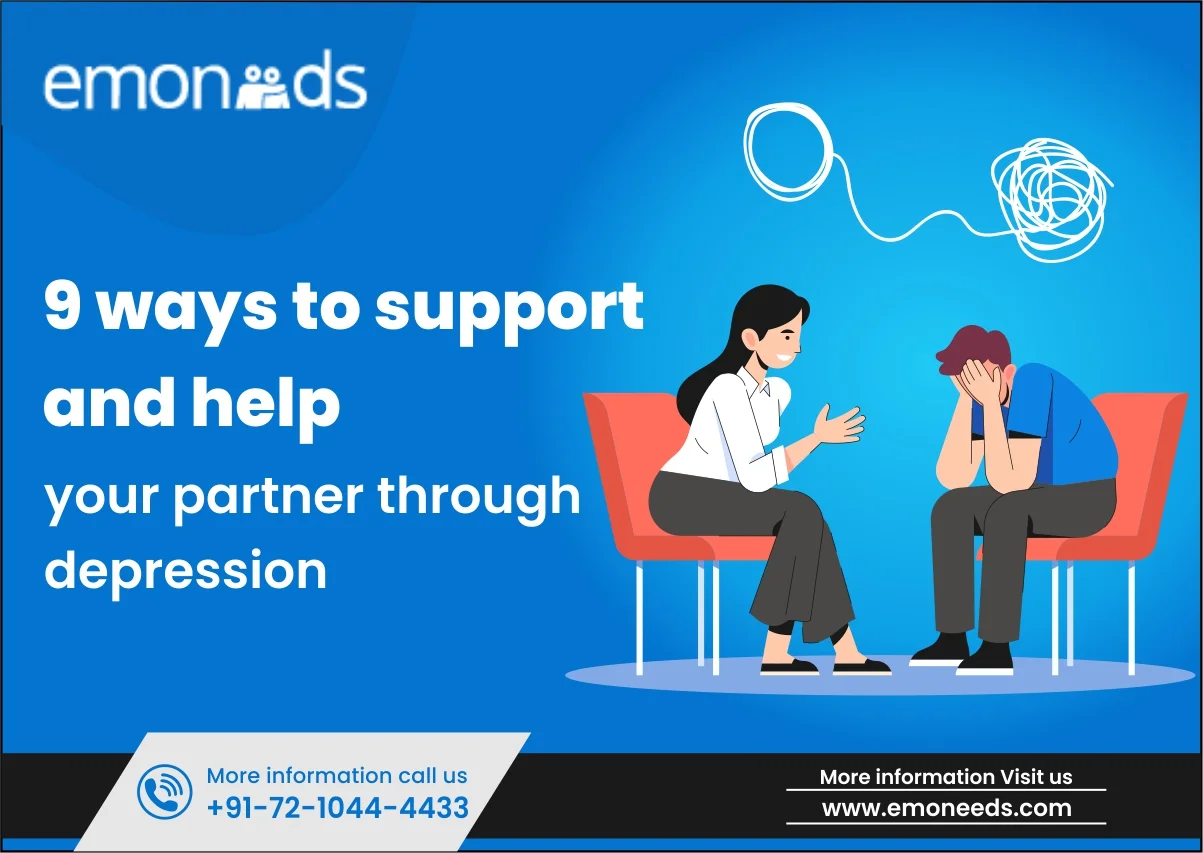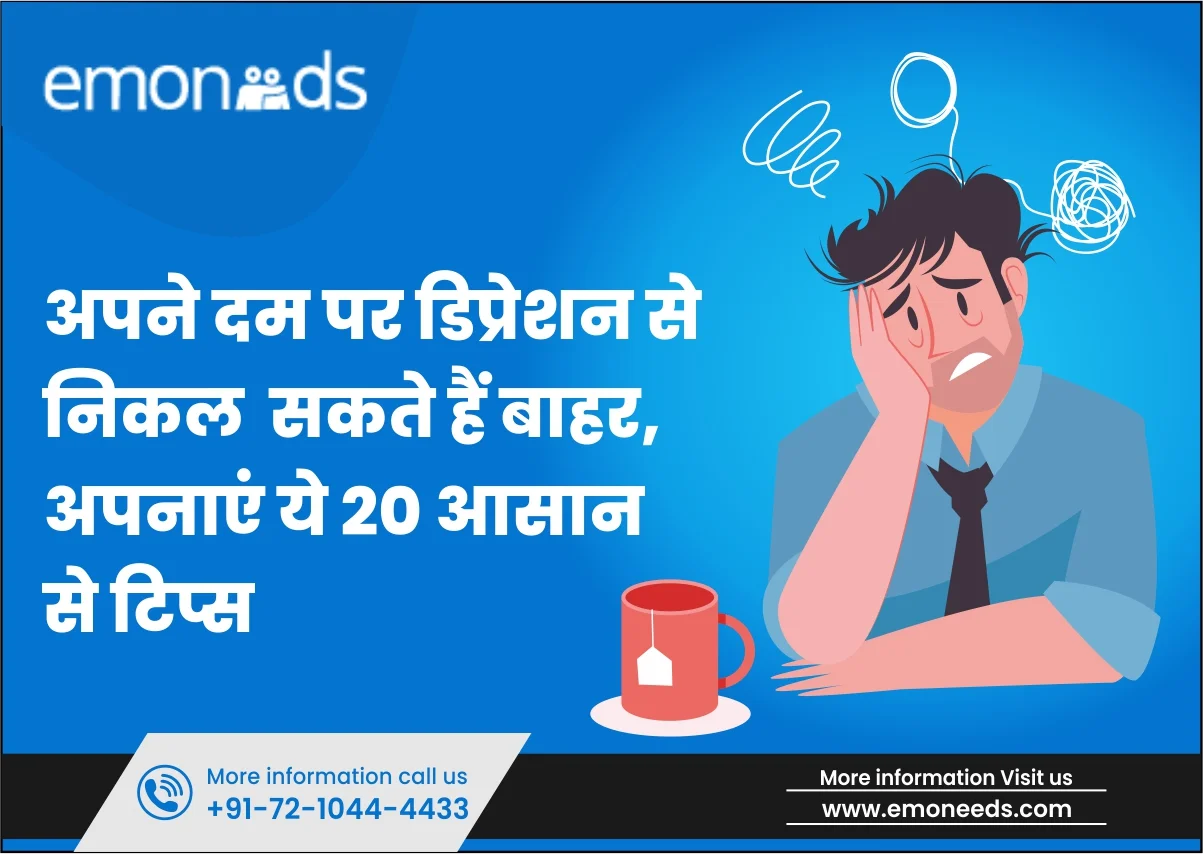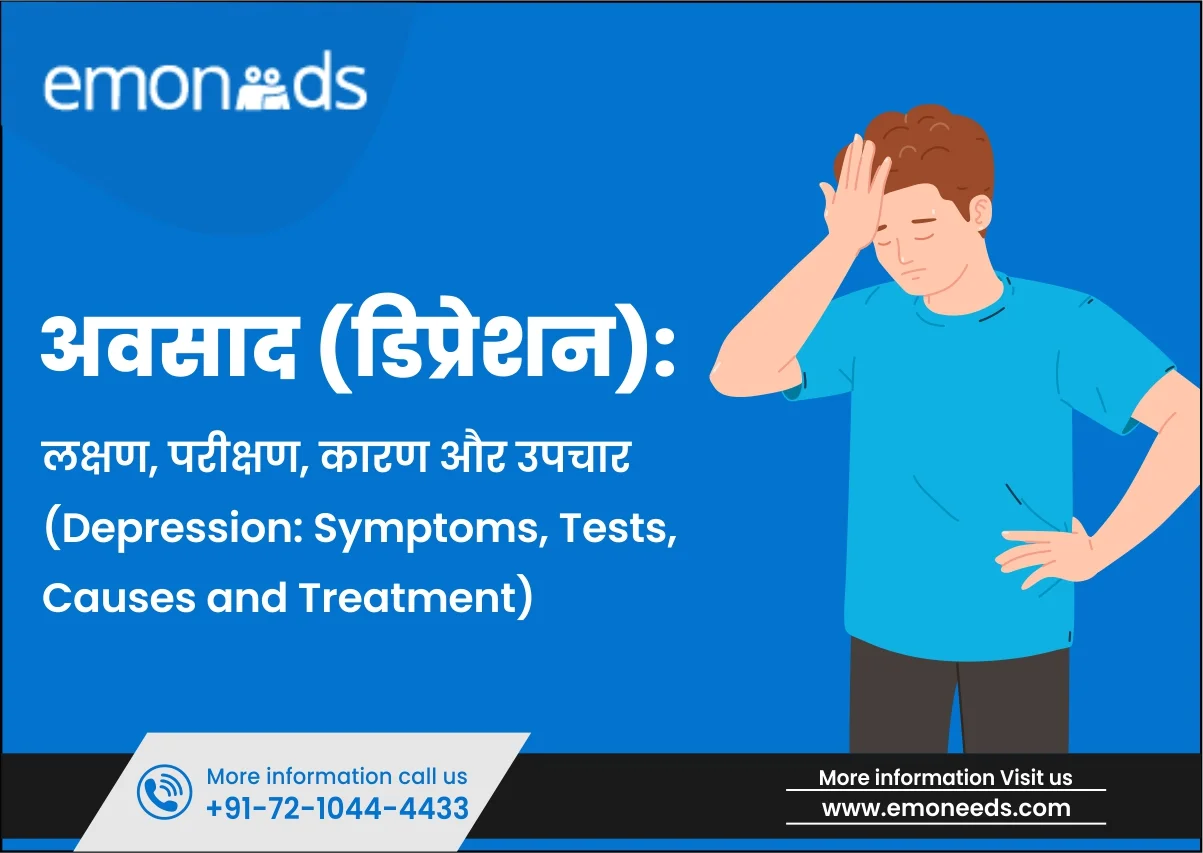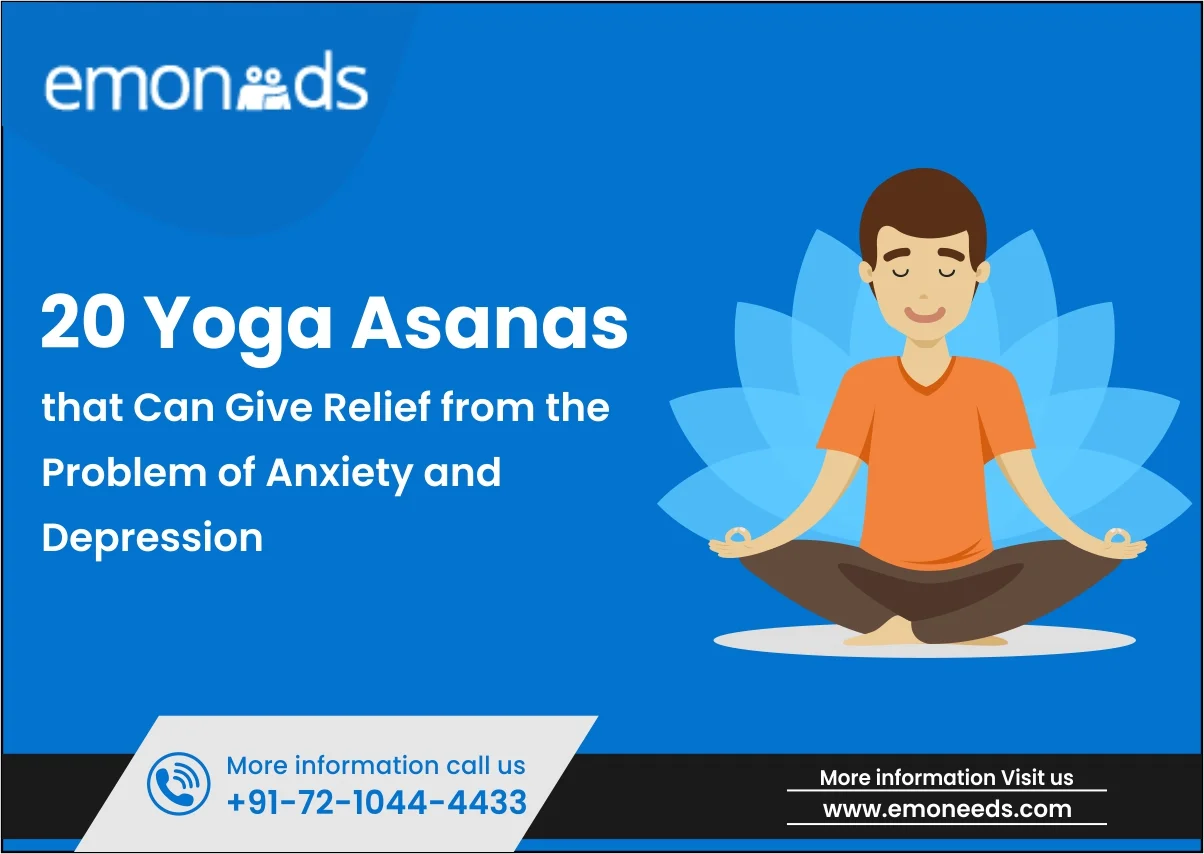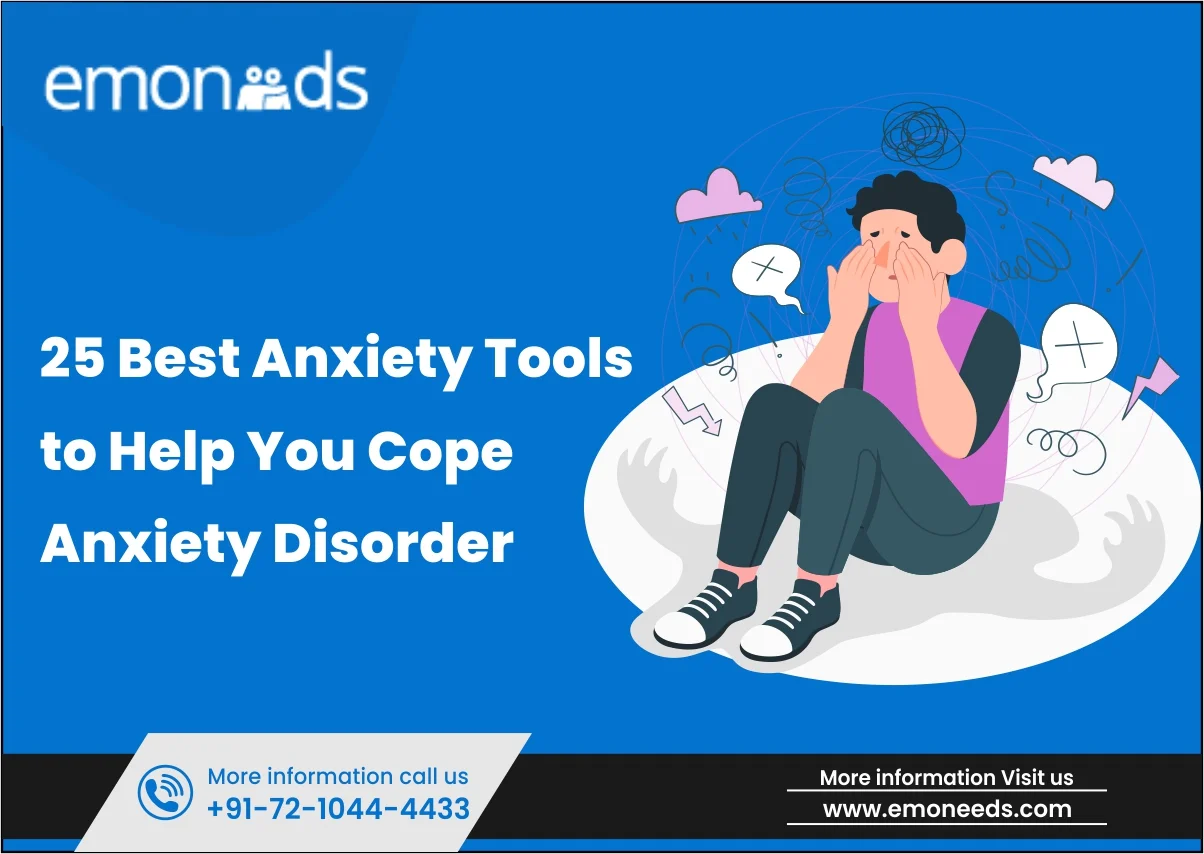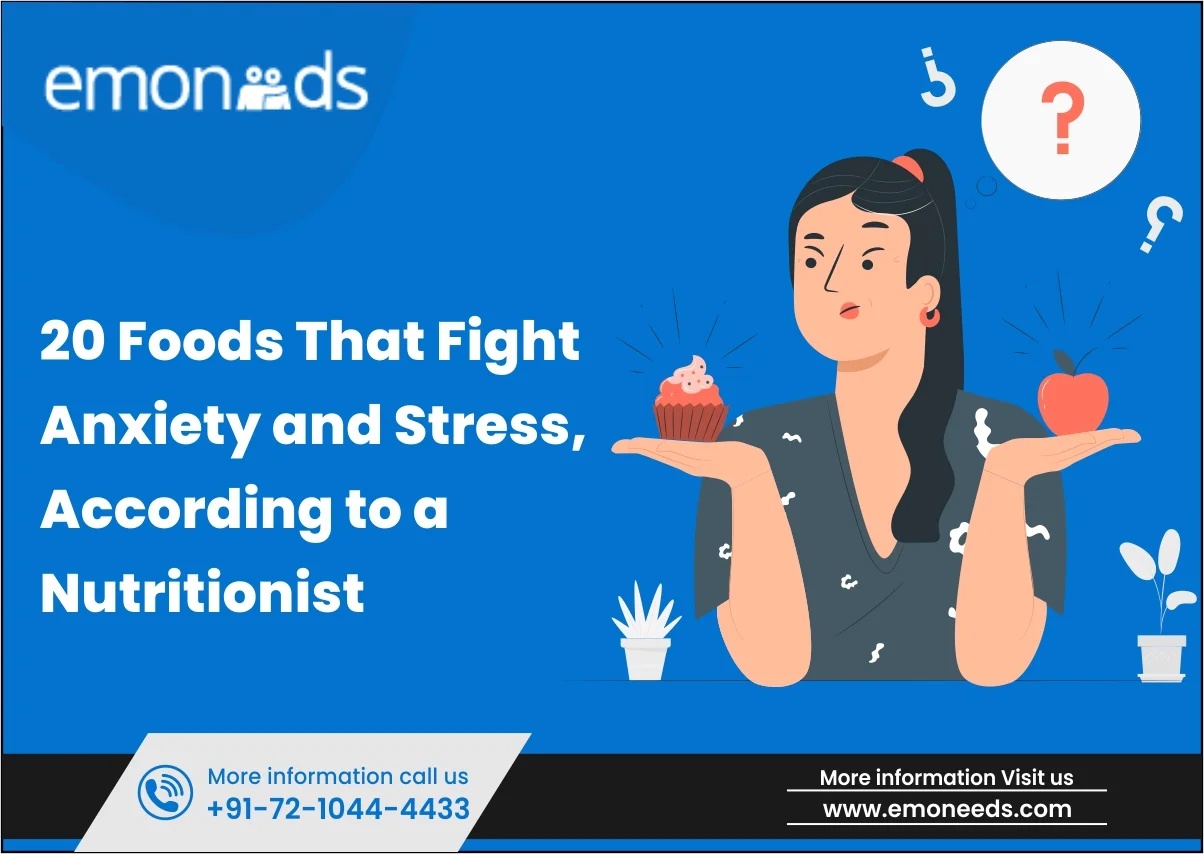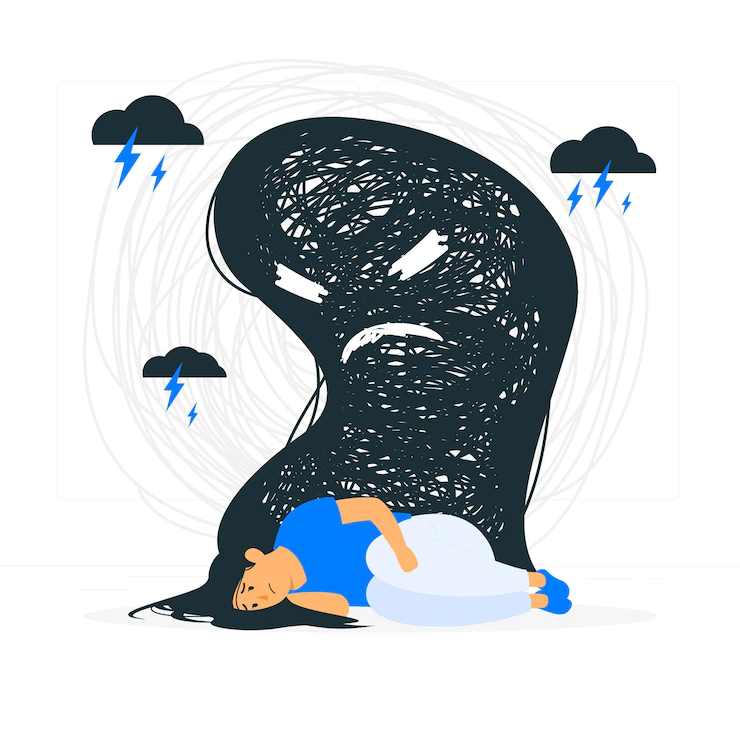
Living with Depression
One of the widespread myths regarding depression is that it’s merely a manifestation of sadness. Although melancholy is a common emotion among those who are depressed, it feels far more intense than the emotions that come and go in reaction to events in life. The term “depression” has recently been used to describe a variety of negative emotions and terrible days, but depression as an illness is much more than that. Many individuals think that having an optimistic outlook on life, seeing the good in things, finding the positive side of things, and doing things that can temporarily help overlook and suppress the emotions that a person might be experiencing at the time helps resolve or “treat” depression. One cannot simply decide to cease feeling depressed if one has depression.
In contrast to regular sadness or worry, depression can feel overwhelming and put the individual in a state of hopelessness. It is true that All of these unhealthy coping mechanisms can have a long-term negative impact on the emotional well-being of depressed individuals and can impede whatever progress they may be making. The immune system is just one of the numerous bodily systems that are involved in the complex state of depression, either directly or indirectly.
It disrupts sleep and appetite; in some instances, it leads to weight loss; in other instances, it aids in weight gain. Numerous ways in which depression might present itself have the potential to impair a person’s ability to go about their daily lives and operate. The person may cease enjoying activities that they used to enjoy, and they may begin to believe that nothing can make them happy again. Because it might be difficult for depressed people to understand what is happening, the focus may be impaired to the point where simple activities like watching television feel too tiring.
People suffering from depression may also feel hopeless and think that nothing positive will ever happen to them or for them again. The person may experience low self-esteem as a result of this despondency and believe they are useless or fail at everything. They can focus on unpleasant incidents and experiences rather than their own attractive traits. Additionally, sadness may make a person feel unable to sleep at night or make it difficult for them to fall asleep and stay asleep throughout the night. Along with insomnia or excessive sleep, people might find it difficult to get out of bed or feel exhausted all the time, even when they get enough sleep. They could think they are too exhausted to complete routine daily duties. The main factor contributing to mental disability worldwide, according to the World Health Organization, is depression. The condition affects more than 300 million people worldwide of all ages.
And the illness is becoming more common elsewhere. Depression can be an isolating condition that frequently causes sufferers to cut off contact with friends, family, and other loved ones. However, evidence indicates that obtaining social support can be crucial to recovering from depression. Any person who has been diagnosed with depression can grow and progress with the support of family and friends. The bottom line is that it’s critical to find the right person to talk to about your depression—someone who understands the condition and views depression as an illness—rather than just admitting that you might be depressed. Because depression is accompanied by feelings of guilt and shame, it is imperative that you get support from a person who is aware of and who understands your illness.
Depressive episodes might be made worse by the perception that you are burdening your loved ones and that this is having an adverse effect on them. Someone who is familiar with the condition can help lift the patient’s burden and make them feel better by not just assuring them that they are not a burden but also by providing ongoing support. It can be simpler to deal with your symptoms and lessen the possibility of strain on your family if you have other people in your life who can assist you, whether it’s a good friend or a counselor. It’s crucial to keep in mind that, despite the negative effects depression can have on those around you, your family can still be a valuable source of support, care, and caregiving. They frequently serve as careers, can be helpful in recognizing warning indications of significant issues, and contribute to the atmosphere that may aid in your recovery.
The same amount of assistance is needed for depression as it is for any other physical condition since it is a very real, hard, and demanding illness. It’s vital to realize that it’s never too late to get treatment if you or someone close to you seems depressed. You can also help the individual get help if they need it. At Emoneeds, we offer a very secure and private setting where anyone may talk about their emotional needs and get the help they need.
